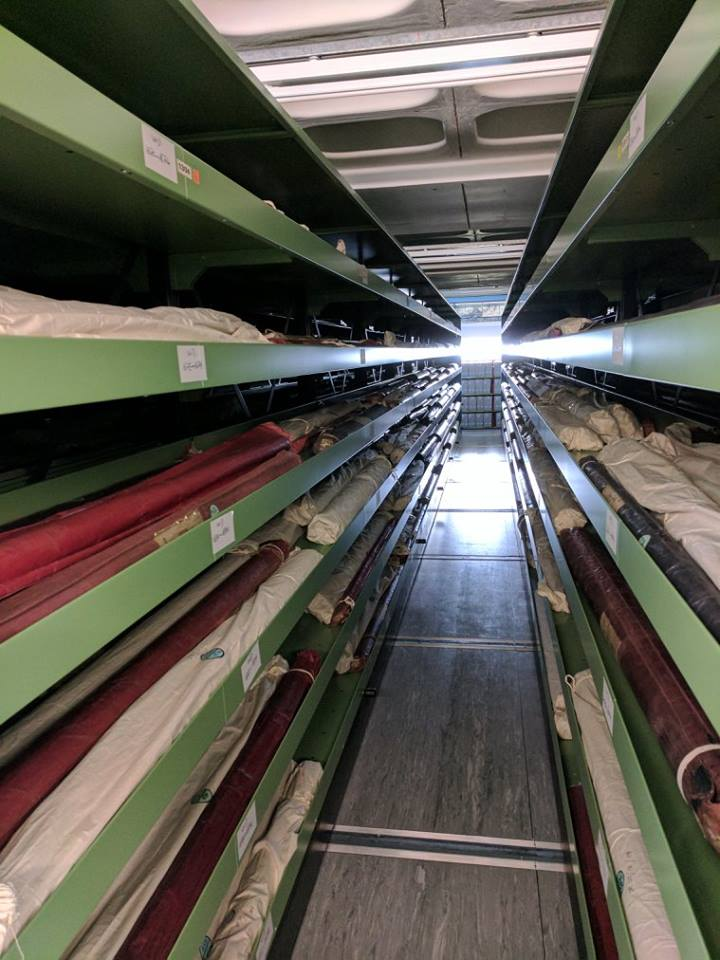Blockchain enables us to retain tamper-proof data without relying on a centralised authority. Artificial Intelligence (AI) helps us make sense of that secure data.
Uniquely, Surrey's Blockchain research fuses these technologies combining its expertise across three world-leading research centres: Centre for Vision Speech and Signal Processing (CVSSP) with 30 years of pioneering research in AI. Surrey Centre for Cyber Security (SCCS) a GCHQ Accredited Centre of Excellence. Centre for Digital Economy (CoDE) with expertise in digital transformation.
Discover how this fusion of expertise is enabling new ways to deliver healthcare, secure our public archives secure, and keep us safe online:

Archives are the lens through which future generations will see the events of today. Working with The National Archives and Tim Berners-Lee's Open Data Institute (ODI), Surrey are using Blockchain technologies to help safeguard the integrity and future sustainability of our digital public archives.
ARCHANGEL is using Computer Vision technologies (a branch of AI that explores how computers can make sense of images) to safeguard the integrity of digital documents entrusted to an archive. We are exploring how Computer Vision may be used to extract a digital fingerprint ('hash') from a length video, that could be used to sense if the video has been edited or cut short. We are working in collaboration with the National Archives on footage of Supreme Court hearings that are committed to the archive and released five years later to become part of UK legal precedent. If these documents are tampered with, or accidently truncated (for example when converting from obsolete video formats during curation) this can cause problems later in court.
ARCHANGEL is also using Computer Vision to learn how to extract effective visual hashes of scanned documents that are sensititve to tampering, but invariant to changes in a physical document due to ageing. This is a novel scientific problem we are able to work on through the unique access to ageing documents enabled through our collaboration with The National Archives.

CoMEHeRe is working with Biobeats to transform personal healthcare through the design, development and evaluation of novel technologies and business models for commodifying and brokering casually captured personal healthcare data (e.g. from wearable biosensors and the IoT) to state and private healthcare providers.
The project is exploring the use of deep learning (large neural networks built to identify patterns in data) to spot medically relevant signals in data from wearable fitness bands. The project is exploring privacy concerns around the training of deep models using such data, as well as exploring ways to train effective AI models that are able to recognise longtitudinal patterns of stress that will affect long-term well-being. These techniques were recently trialed in our student population during exam time and able to identify acute stress events with 73% accuracy.

TAPESTRY is de-risking the Digital Economy through new tools to enable people, businesses and services to connect safely online. TAPESTRY uses Blockchain to determine the provenance of a digital identity, to help users make better decisions on who they can trust online.
TAPESTRY uses AI and machine learning to identify patterns in social media use that could be useful when detecting if a social media account has been hacked/hijacked. Digital signatures corresponding to patterns of use and can be stored in the Blockchain and shared between users (for specified time periods and granularities) in order to demonstrate the provenance (trustworthiness) of their digital identities to one another. Using AI and machine learning techniques enables us to extract digital signatures of user behaviour that are useful in this context but do not over-disclose personal information. We are currently using deep learning (complex neural networks) to examine user behaviour on Twitter, Facebook and other platforms.
Copyright © 2018 - All Rights Reserved - University of Surrey